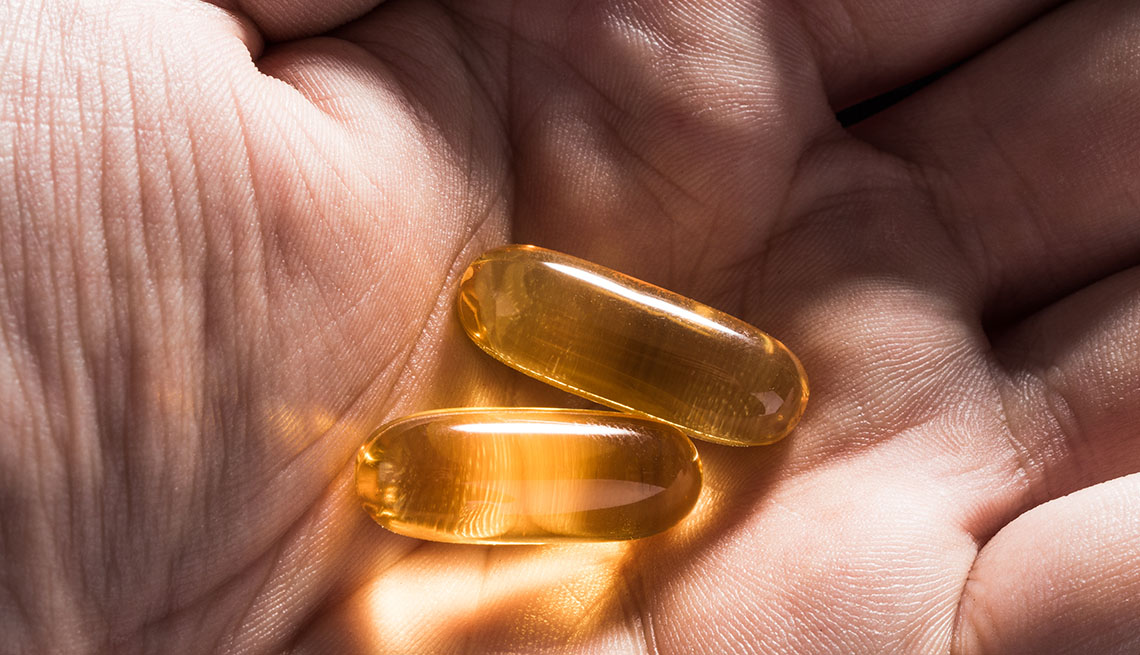
Vitamin deficiency may raise risk of serious covid-19
- Select a language for the TTS:
- UK English Female
- UK English Male
- US English Female
- US English Male
- Australian Female
- Australian Male
- Language selected: (auto detect) - EN
Play all audios:

The question under the microscope now, McKoy says, is whether it can do the same in the lungs and lower respiratory tract, where the coronavirus and the inflammation it inflicts can cause
serious damage. “Zinc might be the police officer that puts the handcuffs on the virus, and that's why we're excited about things,” she says. Zinc is found in a variety of foods,
including oysters, beef, lobster and crab. The NIH recommends 11 milligrams of zinc per day for men and 8 mg for women. CORONAVIRUS HIGHLIGHTS NEED TO FOCUS ON NUTRITION All of this is not
to say you should start megadosing on supplements as a preventive measure. Too much of certain vitamins and minerals can cause serious damage to the heart, kidneys and other organs. Instead,
it's important to get the right amount. Talking with your doctor is a great place to start, especially if you're worried you have a deficiency, McKoy says. A simple blood test can
tell you if you are low in certain nutrients, and your doctor can prescribe a plan to bring your levels up. For those who don't have a deficiency, a standard, inexpensive
multivitamin-multimineral can act as “a nutritional safety net,” Willett says. “A lot of people who make a good attempt to have a healthy diet can have some gaps,” he adds. Plus, with
millions of people out of work, the pandemic has put more Americans at risk for food insecurity, making healthy foods even further out of reach for some. “This almost for sure has magnified
the problem,” he says. The pandemic isn't just a good time to make sure your vitamin and mineral levels are healthy, Willett says. It's also an important time to examine your
overall nutritional and metabolic health. Chronic health conditions associated with poor diet and lack of physical activity increase a person's risk for more severe outcomes from a
coronavirus infection. "And we know that America was not in very good shape, nutritionally, going into the epidemic, and that is one additional factor that's contributing to excess
mortality,” says Willett, who speculates the country would have tens of thousands of fewer deaths if Americans were healthier. “Going back to normal when this is under control is not where
we want to be. We want to go back to being better than before the epidemic,” he adds. McKoy, who also advocates for vitamin C as an immune-system booster, says be sure to fill your diet with
foods that are “colorful” and nutrient-dense — from broccoli and citrus fruits to fatty fish and legumes. And don't forget about the other measures that can help prevent COVID-19 —
most importantly, limiting your exposure to the virus. "Wear your mask, social distance, because you can take all of these vitamins and supplements we have mentioned and still get the
coronavirus. It's not dependent on that,” McKoy says.
